Principal Investigator
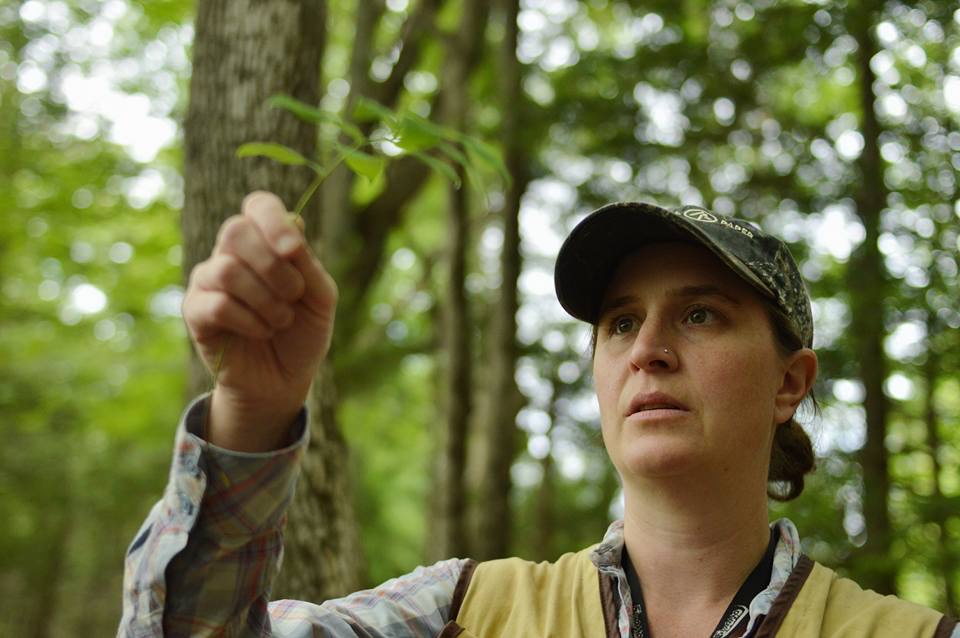
Marlyse Duguid, PhD, MF
Dr. Duguid is plant community ecologist, forester, field botanist, restoration ecologist, and horticulturist. She received a B.S. in Plant Science from the University of Connecticut, an MF from Yale School of Forestry & Environmental Studies, and a PhD from Yale School of the Environment (YSE) and the New York Botanical Garden. She joined the faculty of YSE in 2017 as the first Thomas G. Siccama lecturer where she focuses on field-based teaching on topics around plant ecology and natural history. She is the Director of Research for the Yale Forests, over 4000 hectares of forestland across New England used for teaching, management, and research. She also serves as the faculty lead for the Ecosystem Management & Conservation Specialization at YSE and is the current board chair for the northeast chapter of the Society of Ecological Restoration, as well as the faculty liason for the Yale student SER chapter. For more information about her current research projects see the Research tab.
When not doing research on or teaching about plants, forest and ecosystems she can be found gardening, hiking, and hanging out with her family.
Current Students
Doctoral Students
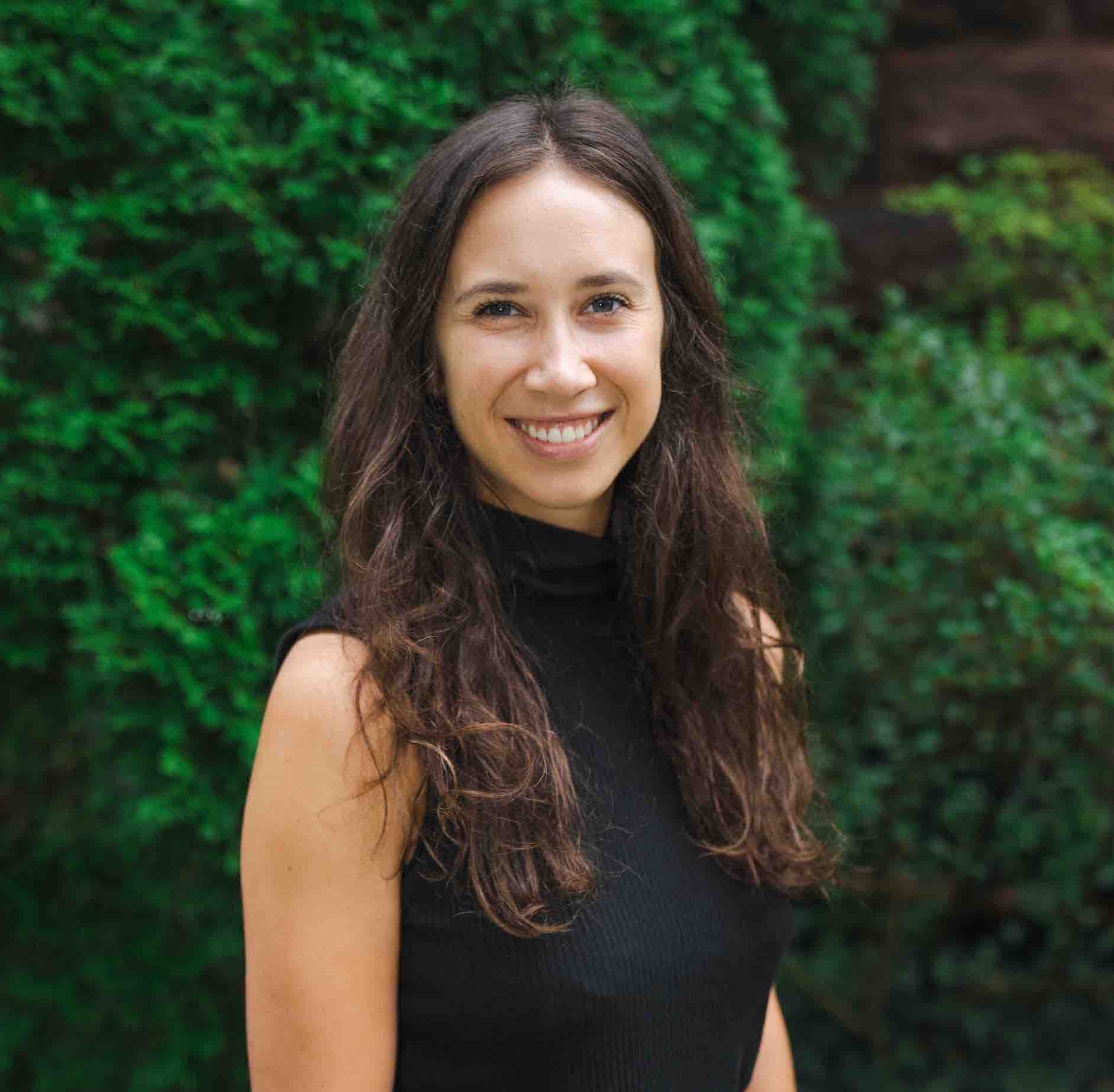
Janey R. Lienau
PhD candidate, MESc ‘23
I’m interested in exploring how small animals in and around the soil contribute to ecological processes such as decomposition, nutrient cycling, and carbon storage. Specifically, I’ve been exploring how predacious ground beetles influence nitrogen availability in eastern temperate forests.
Google Scholar
Website
LinkedIn

Karam Sheban
PhD candidate, MF ‘20
I am a doctoral candidate studying agroforestry systems and forest management, with a goal of connecting applied science to positive economic and environmental outcomes. My current work focuses on temperate forest farming systems and examines the impacts of agroforestry system management on ecological, economic, and productivity outcomes for forestland and people.
Google Scholar
LinkedIn
Masters Students
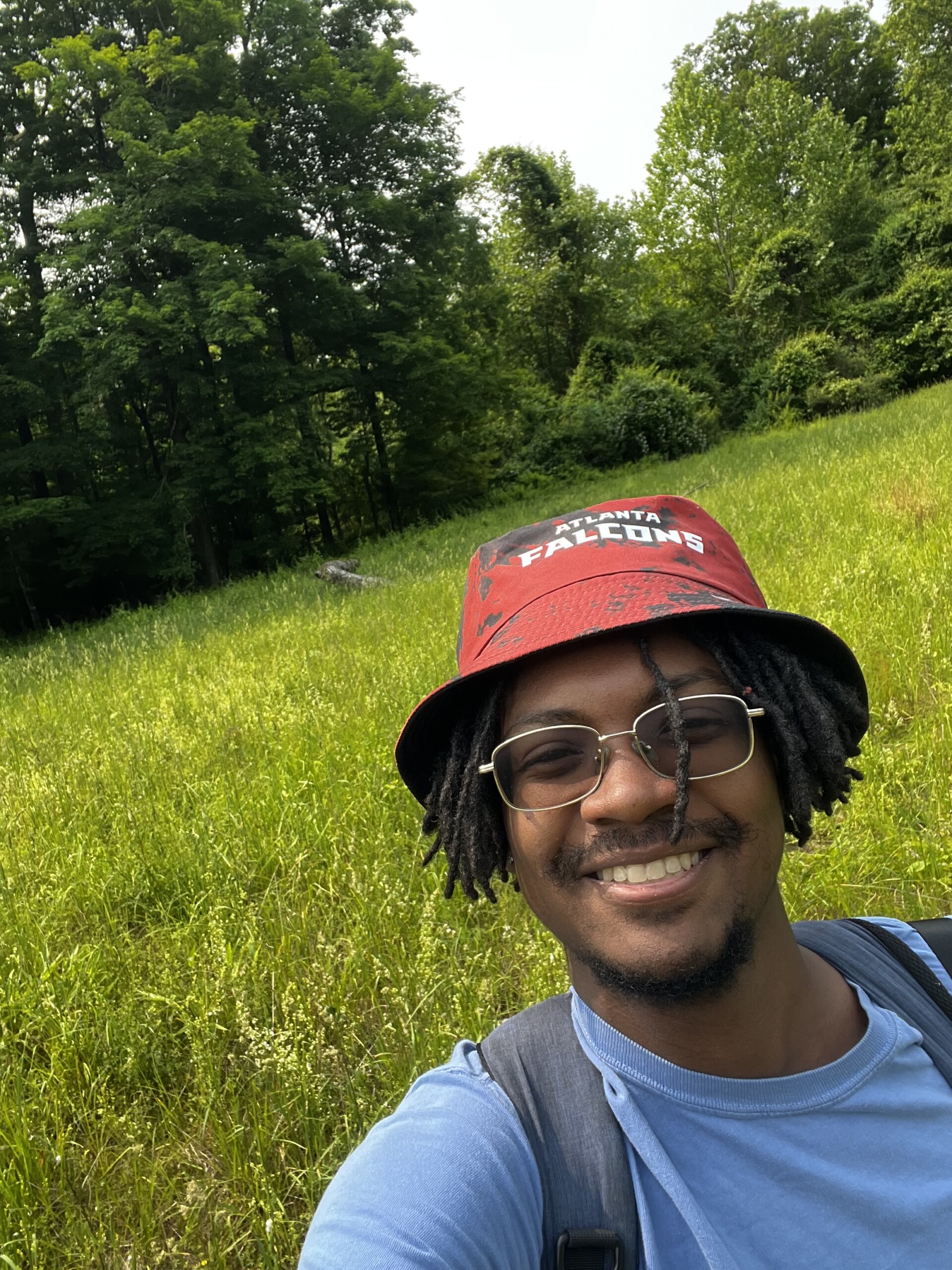
Kellen Moore
MESc candidate
I am interested in performing research focusing on environmental sustainability from a social and ecological perspective. Over the years, I’ve had a fascination with plant sciences, ecosystem sciences, and invasive species ecology. My research and career goal is to improve ecological conservation and prevent further negative anthropogenic change from occurring within our planet’s ecosystems.
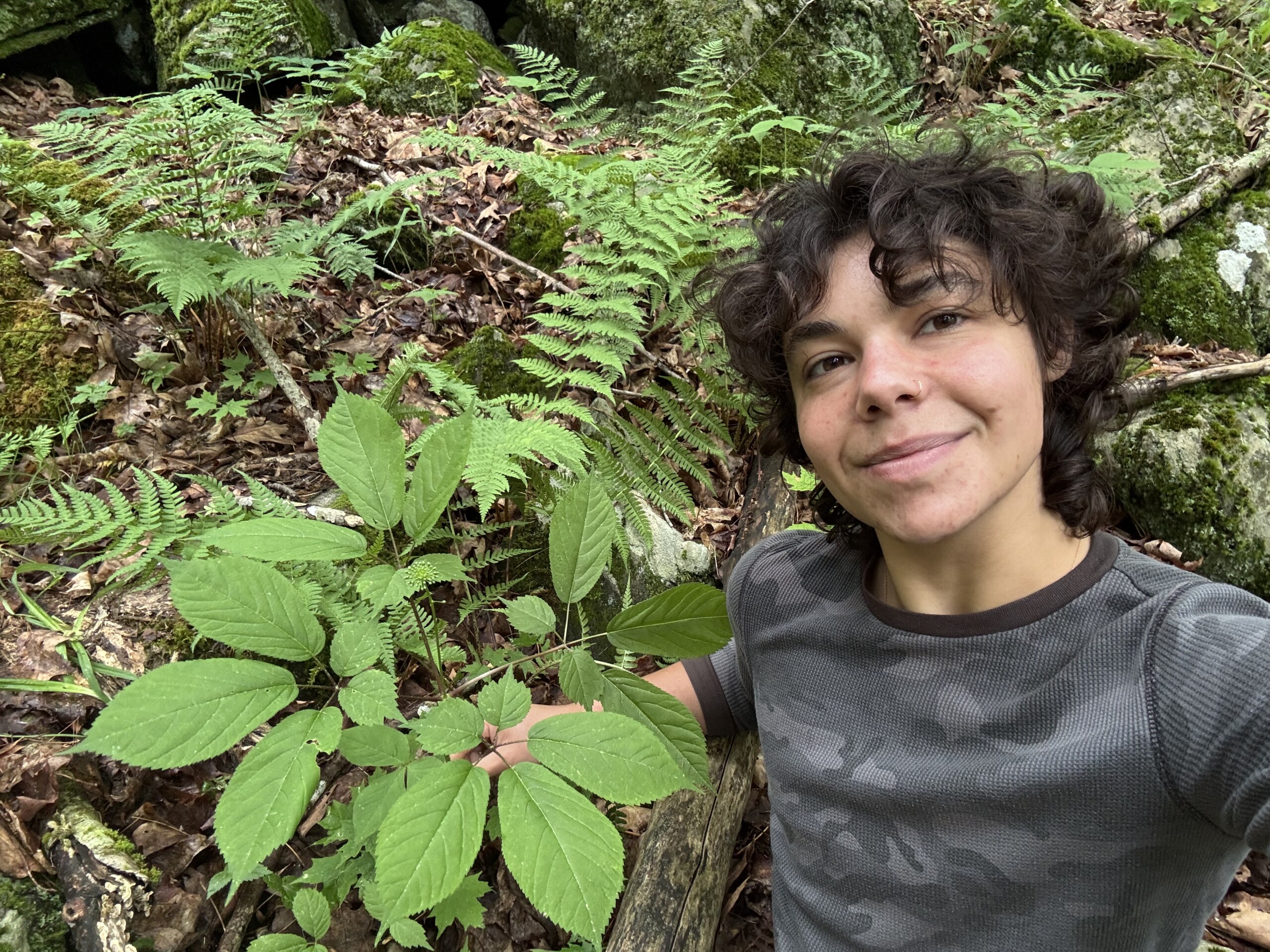
Nat Burr
MF Candidate
I’m interested in the influence of human values and cultivation practices on the movement of plant communities across forest landscapes, and how understanding this context can improve the resilience of economies and ecologies organized at bioregional scales. I do research and extension work to support farmers and landowners in the northeastern U.S. in implementing forest farming systems for native woodland herbs. My current research uses genomic analyses to understand the dispersal history and relationships between populations of wild vs cultivated plants of high economic and cultural value in temperate forests.

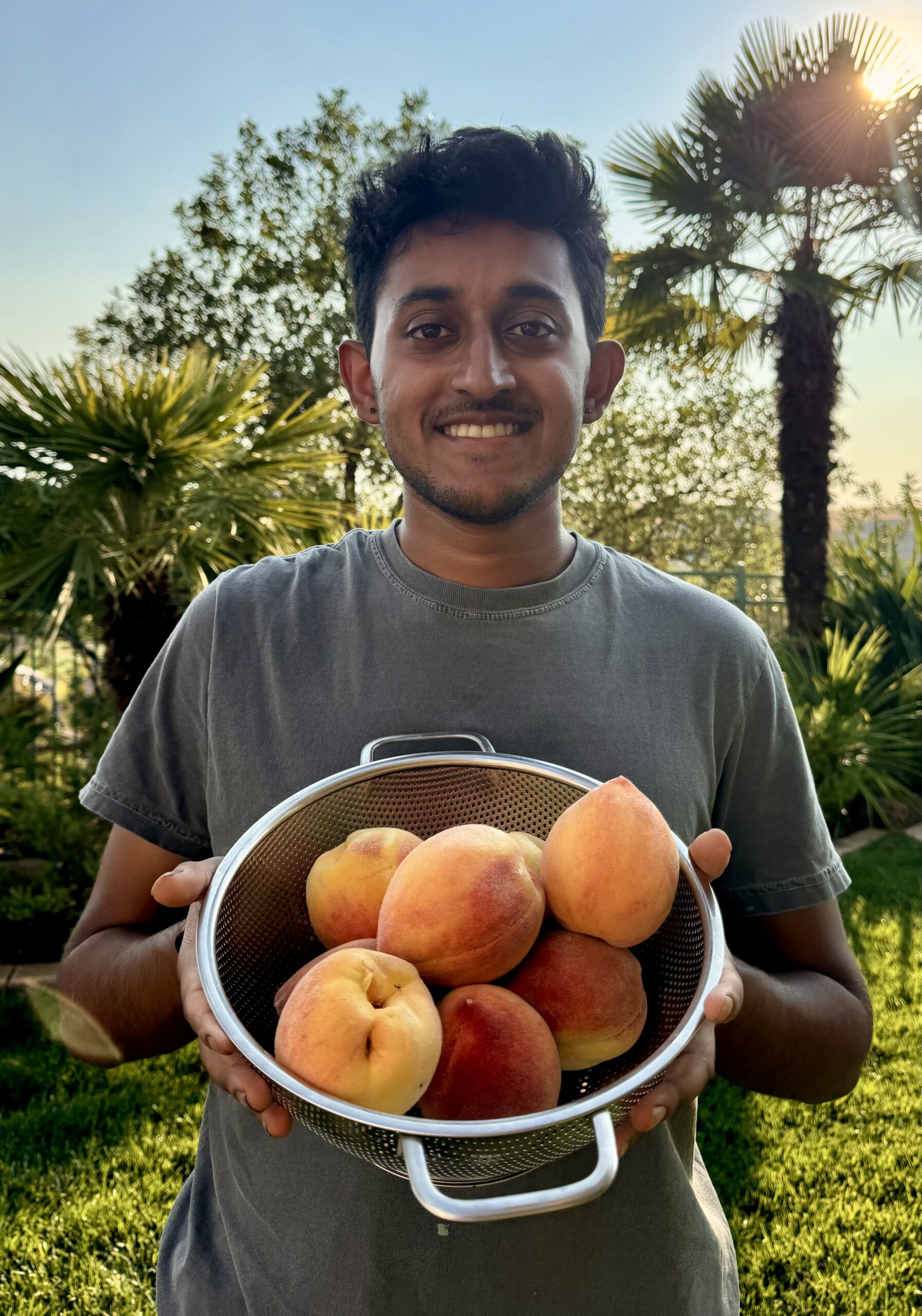
Akshay Patel
MESc candidate
Lab Alumni
Marsh Hlavka, MESc ’25, BS ‘23
Thesis: Environmental factors in bird-window collisions vary across an urban landscape
Undergraduate Thesis: Breeding bird diversity across a 30-year chronosequence in oak-hardwood shelterwoods
Jack Hatajik, MESc ‘25
Thesis: Tree mortality caused by invasive insect is strongly associated with forest plant invasions
Les Welker, MESc ‘24
Thesis: Understanding the Urban Understory: Structure and Composition of an Understudied Strata
Annli Nakayama, MESc ‘23
Thesis: Invasion Treadmill Dynamics—Plant Community Responses to Invasive Species Management
Nora Hardy, MESc ‘23
Thesis: Hardy, Nora G., et al. “Non‐native invasive plants in tropical dry forests: a global review of presence, impacts, and management.” Restoration Ecology 33.1 (2025): e14288.
Elisabeth B. Ward, PhD ’23, MFS ‘18
Dissertation: The Functional Effects of Tree and Shrub Mycorrhizal Associations on Soil Organic Matter Dynamics in Forests; Google scholar profile
Cecilia Rogers, MESc ‘23
Thesis: Basal area impacts tree regeneration on water-limited cattle farms in Panama
Walker Cammack, MF ’22, post-graduate fellow
Project: A Three-Pronged Strategy to Equitably Provide Planting Stock to Forest Farmers: Propagation Training, Seed Exchange, and Working with Wild Harvesters
Sara Bonello, MESc ‘22
Thesis: Changes in Diversity and Composition of Carabid Beetle Communities over a 30-year Chronosequence of Regenerating Oak-Hardwood Forests
Vincent Gleizer, BS ‘22
Thesis: Effects of sustainable timber harvesting on terrestrial spider (Araneae) communities in a temperate New England Forest
Danica Doroski, PhD ’21, MFS ‘17
Dissertation: Stand Dynamics and Diversity Patterns in Planted and Naturally Regenerating Urban Forests; Google scholar profile
Eliot Nagele, MF ‘21
Project: Nagele, Eliot, et al. “A Century of Change in a Mature Urban Forest: the Thain Family Forest of the New York Botanical Garden, Bronx, New York.” Journal of Forestry 122.3 (2024): 258-272.
Kimberly Zamuda, MESc ‘19
Thesis: Zamuda, Kimberly M., Marlyse C. Duguid, and Oswald J. Schmitz. “Human land‐use effects on mammalian mesopredator occupancy of a northeastern Connecticut landscape.” Ecology and Evolution 12.7 (2022): e9015.
Ben Rifkin, MESc ‘18
Thesis: The influence of community-managed protected areas on the structure, composition, and diversity of tropical dry forest in Southwest Madagascar
Laura Green, MF ’18
Project: Green, Laura, and Marlyse Duguid. “Vascular Plant Diversity of Forested Wetlands in Southern New England.” Rhodora 122.990 (2020): 73-101.
Angus Mossman, BS ‘17
Thesis: Mossman, Angus, et al. “Two salamander species respond differently to timber harvests in a managed New England forest.” PeerJ 7 (2019): e7604.